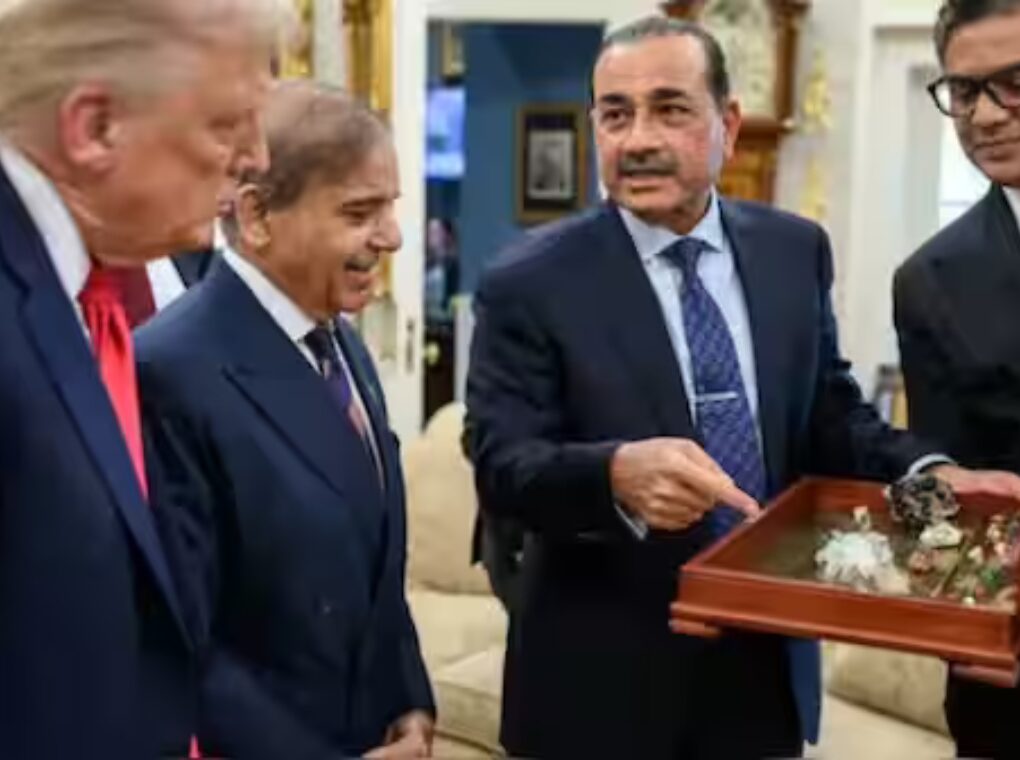In a landmark move that analysts are calling a “constitutional coup,” Pakistan’s parliament has approved a sweeping amendment dramatically expanding the powers of Army Chief General Asim Munir, triggering widespread concern over the future of democracy in the nuclear-armed nation. Western governments, however, have offered little response, drawing criticism from observers who note their vocal stances on democratic backsliding elsewhere.
A New Court, a New Power Structure
The 27th Constitutional Amendment, passed without opposition, introduces a new Federal Constitutional Court (FCC) that will serve as the highest authority in constitutional matters, federal–provincial disputes, and key judicial interpretations. The existing Supreme Court has been relegated to civil and criminal cases only.
Legal experts say the change effectively sidelines the judiciary. Judges resisting transfers or executive instructions will now face immediate retirement, further weakening the system of checks and balances.
General Munir Elevated Above Civilian Leadership
Under the amendment, General Asim Munir becomes Field Marshal for life, gaining:
Command of the army, navy, and air force
Authority over the National Strategic Command, which oversees nuclear assets
Lifelong legal immunity
Protection from removal except through a two-thirds parliamentary vote
By contrast, Pakistan’s elected government can be dismissed with a simple majority. The president and governors do not enjoy similar immunity protections.
“This is unprecedented,” said Dr. Farzana Hussain, a political scientist in Karachi. “The military has always been influential, but this formalises its supremacy over elected institutions.”
A Democracy in Crisis
The amendment comes in the wake of the controversial 2024 general elections, widely criticised for irregularities. Former Prime Minister Imran Khan was jailed before the polls, and his PTI party saw its electoral victories reversed overnight in favour of a coalition of the Pakistan Muslim League–Nawaz (PML-N) and the Pakistan Peoples Party (PPP).
With the opposition weakened and civil society constrained, the legislation faced no resistance in parliament.
“This marks the end of even the illusion of civilian supremacy,” said former ambassador Salman Haqqani. “Pakistan has moved from hybrid rule to open military dominance.”
International Legitimacy for Munir
Despite the domestic uproar, Western capitals have issued no strong statements. Analysts say this silence reflects geopolitical calculations.
General Munir has made several high-profile trips to the United States this year. He was hosted privately by President Donald Trump on at least two occasions—an unusual protocol for a military chief. Trump even referred to him as his “favourite field marshal” during the Gaza Peace Summit in October, despite Munir not being present.
Munir has also accompanied Prime Minister Shehbaz Sharif to major diplomatic events, including visits to Washington, Beijing, and Baku—further elevating his status as Pakistan’s de facto leader.
A Strategy to Counter India?
Analysts suggest that Western silence may stem from concerns about India’s growing geopolitical and military power, particularly after the country’s assertive posture during Operation Sindoor earlier this year.
“Washington sees a consolidated Pakistani military as a counterweight to India,” said Eurasia analyst Jonathan Cole. “Democracy in Pakistan appears to be a secondary concern right now.”
Risks of Balkanisation
Pakistan’s political upheaval comes amid economic distress and ongoing tensions in regions such as Balochistan and Khyber Pakhtunkhwa. Experts warn that the absence of democratic institutions and rising repression could deepen separatist sentiments.
“If this trajectory continues, Pakistan risks fragmentation,” said Dr. Ayesha Jalal, a prominent historian. “The lack of international pressure will only embolden the military.”
A Quiet International Response
While rights groups have called for urgent intervention, Western countries have so far avoided commenting on the amendment or its implications. Human rights organisations say the silence stands in stark contrast to vocal Western critiques of democratic backsliding in India and China.
“This selective approach undermines global democratic norms,” said Amnesty International’s South Asia office in a statement.
A Turning Point
Pakistan’s 27th Amendment marks the most significant constitutional shift since 1973, formally elevating the military above all civilian and judicial authorities. For many observers, the move represents the end of Pakistan’s longstanding—but often fragile—experiment with democracy.
As General Asim Munir consolidates power with tacit international backing, Pakistan enters a new and uncertain political era.
